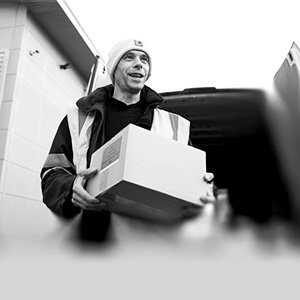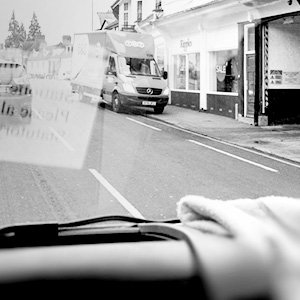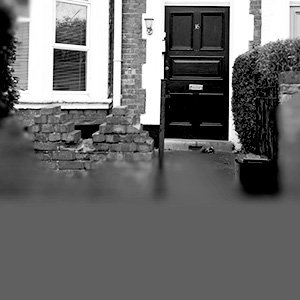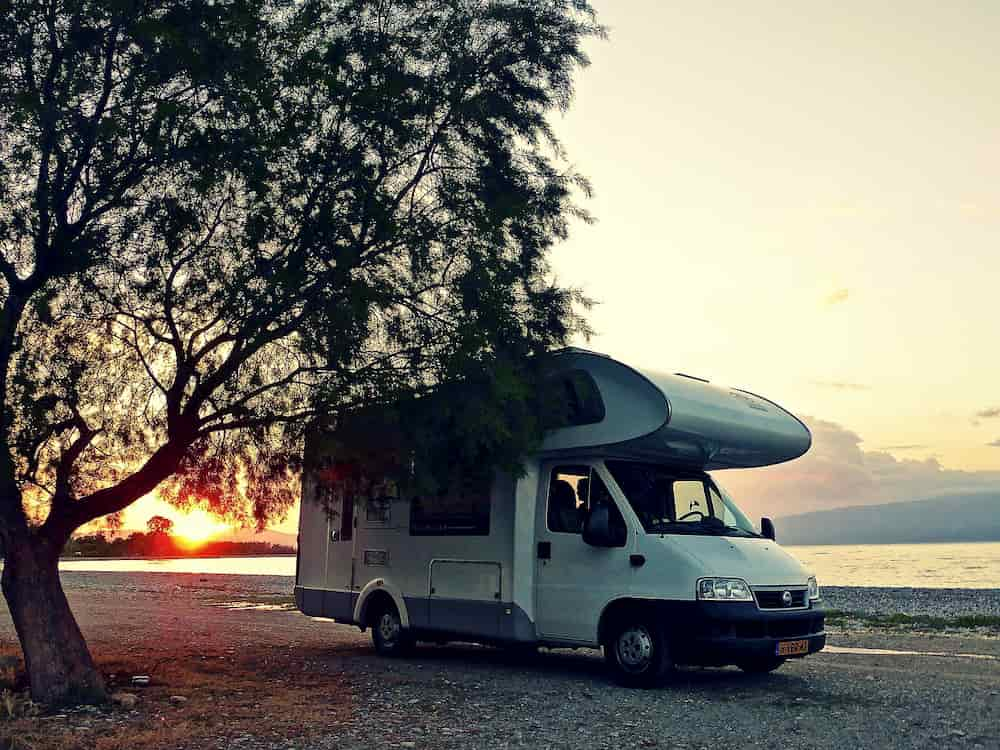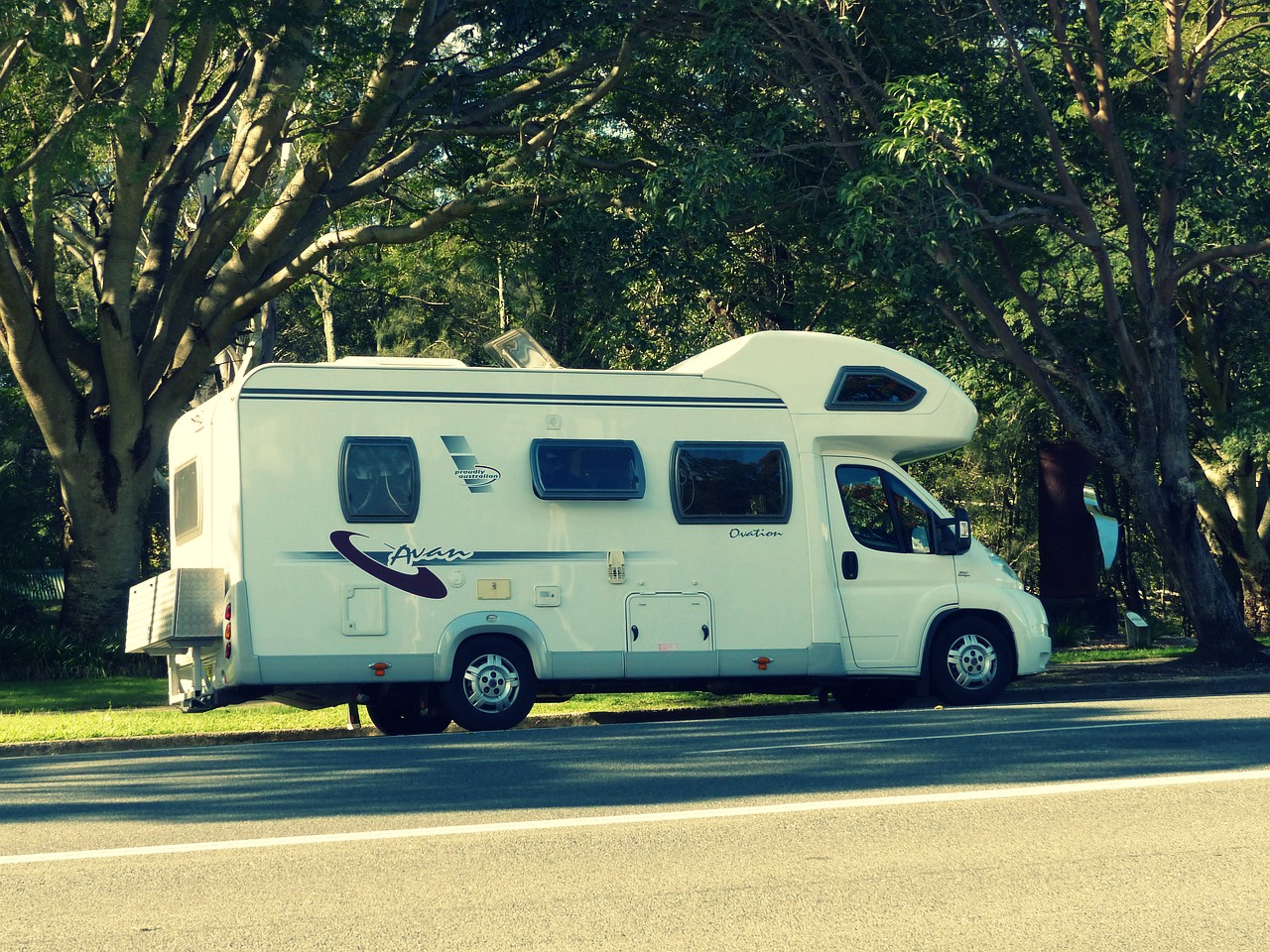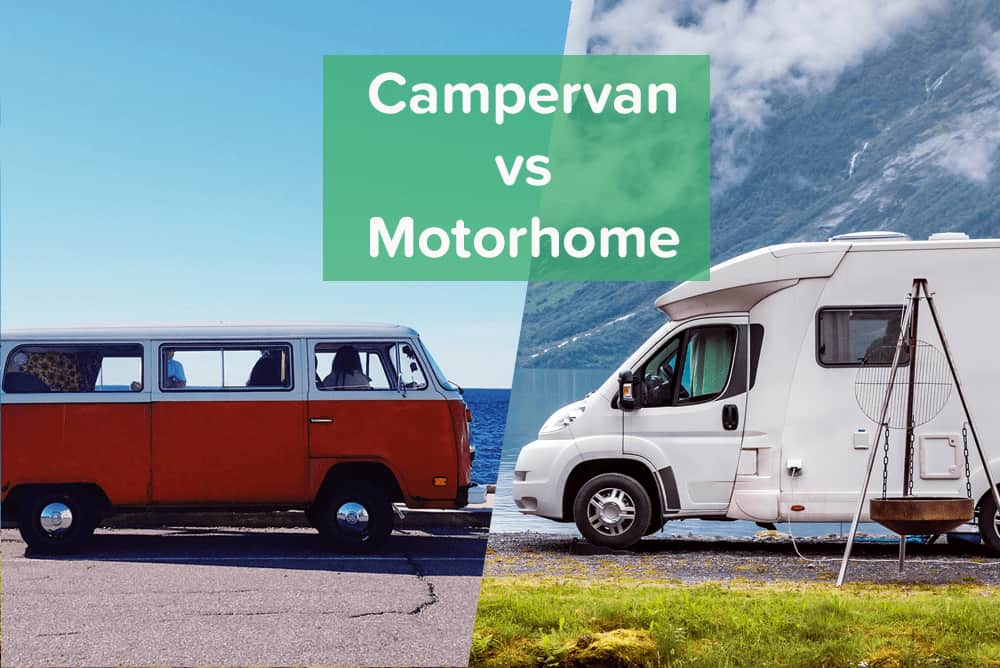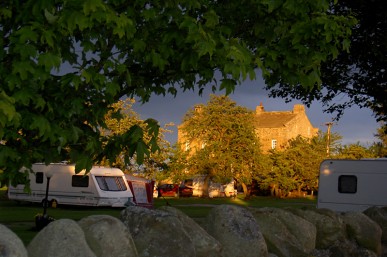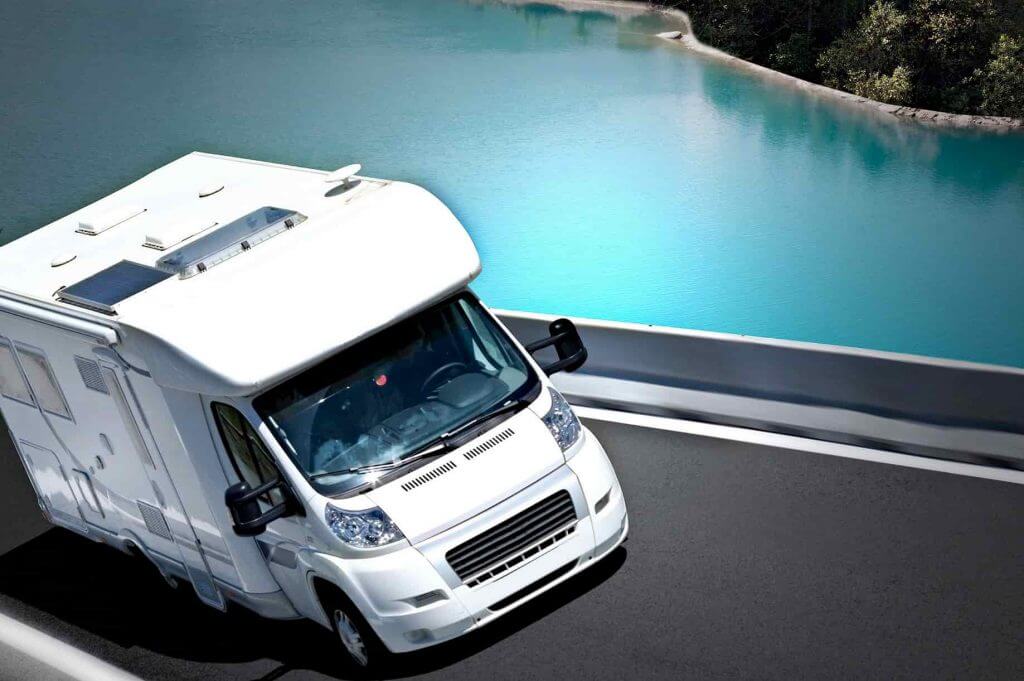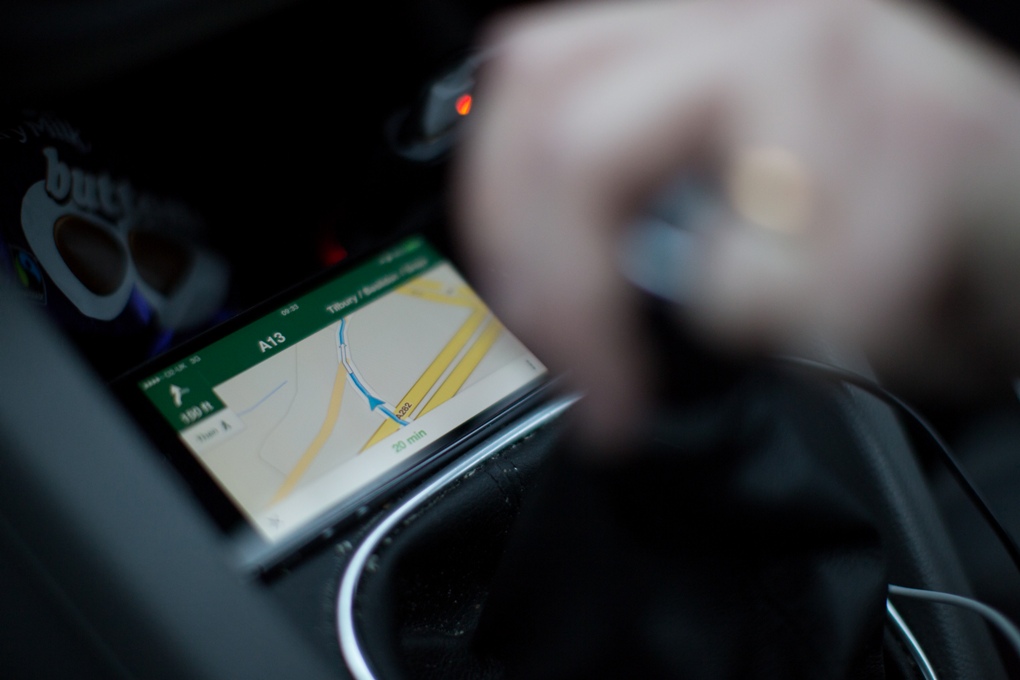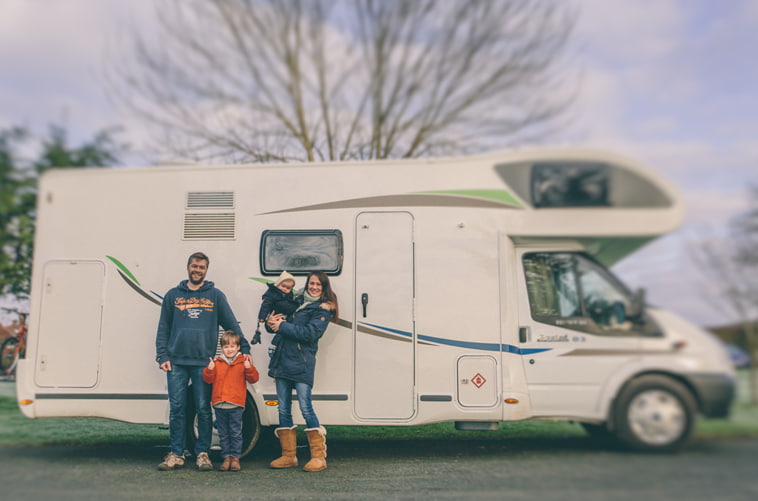When it comes to holidays, the UK often gets overlooked in favour of distant and exotic destinations – but with so much to see and do right on our doorstep, it’s understandable that so many people are opting to leave their passport at home and head out on a great British road trip.
And what’s a road trip without your very own motorhome? If you’ve got the travel bug to explore the UK or regularly find yourself longing to make the most of your weekends, buying a motorhome could be the perfect way to see the great outdoors in style. Perfect for families, motorhomes offer all the comfort and luxuries of home, on wheels.
Why buy used?
A motorhome can be a pricey purchase and a brand new average size motorhome could easily set you back 40-50 grand. While renting can be a great short term option, it doesn’t give you the freedom to make your motorhome your own and hit the road when the urge (or sunshine!) strikes. That’s where used motorhomes come in, providing the perfect opportunity to get on the road without the cost that comes with buying new. While there are undoubtedly some excellent deals to be had on used motorhomes, there are also – unfortunately – some dodgy dealers around. If you’re searching for a used motorhome, there are some specifics worth looking out for – and if you’ve never owned a motorhome or caravan before, they may be less obvious than you think.
Used motorhome inspection checklist
Today, the experts at Pegasus Caravan Finance are arming you with a handy inspection checklist, so you can make a decision on buying a used motorhome with confidence. Whether you’re buying from a dealership or private seller, you’ll have the basic knowledge to ask the right questions and improve your chances of getting a great deal.
Check out the paperwork
Ask the seller to see any and all paperwork they have relating to the motorhome. Ideally this will include the warrant documentation (if still valid), the van’s MOT certificate, service log book and tax certificate (if the vehicle is still taxed). While not all of these are essential to making a purchase, if the previous owner has all of the paperwork organised and to hand, it’s a good indicator that they’ve looked after the motorhome. The service book should also detail any repairs done on the motorhome, helping you identify any potential issues.
Check for damp
Damp can be a major problem in poorly maintained motorhomes (and caravans) – causing walls, floors and upholstery to rot over time. The main indicator of any potential damp problems is the smell – however, keep your eyes peeled for any mould, lumpy or warped panels and floors or spongy flooring. While damp issues can be repaired, it’s an expensive fix – so if you’re buying used, you’re best bet is to avoid it altogether!
Give the exterior a thorough once over
It’s easy to feel pressured into rushing when viewing a motorhome, especially if you’re buying from a private seller – but it’s important to give the exterior a slow and thorough once-over. Check the panelling for scratches and dents – if these have been repaired, you may notice a change in paint colour or texture where they’ve been patched. Check all of the exterior seals on the motorhome too, looking for any degradation or cracks which could let water in. You should also keep an eye out for rust, looking for tell-tale stains on joints and hinges – and don’t forget to check underneath the motorhome, looking for any excessive corrosion. It’s also worth taking a look at the tread on all four tyres, with uneven wear potentially indicating a suspension or alignment problem.
Test the electrics
Motorhomes have many more electrical systems than cars and can be expensive to repair. Start out by checking the headlights, brakes and indicators are all working before moving onto features like the radio, air conditioning and electric windows. Ask the seller to switch on all the interior lights and test out any integrated electrical appliances.
Turn on the gas
Many motorhomes use gas to power their heating, water heater and hob. Ask the owner to switch on the gas when you arrive, giving them time to heat up so you can check everything is working as it should.
Get under the hood
If you don’t know the first thing about engines or the hydraulic or mechanical systems of a car, it’s well worth getting an auto mechanic to inspect the car prior to purchase. While this does present a small upfront cost, it could save you thousands if it stops you buying a motorhome with serious mechanical issues. The AA offer motorhome inspections by a qualified mechanic, and if the seller agrees to it, it’s well worth the cost.
If you’re pressed for cash or time, there are some basics to look out for. Check the engine bay and chassis for any obvious leaks – if the motorhome has been parked on a driveway for a while, you may even be able to spot stains on the road where oil has leaked.
Go for a test drive
When buying any type of vehicle, a test drive is a must. Listen out for any unusual engine sounds and, if possible, test out the brakes, steering and suspension at a variety of speeds. Odd vibrations through the steering wheel or pedals could be an indicator of ominous mechanical issues.
There you have it, a breakdown of essential checks to carry out when hunting down the best second hand motorhome deals. Don’t forget to get a motorhome insurance quote before you seal the deal – factoring in your running costs alongside the purchase price.
